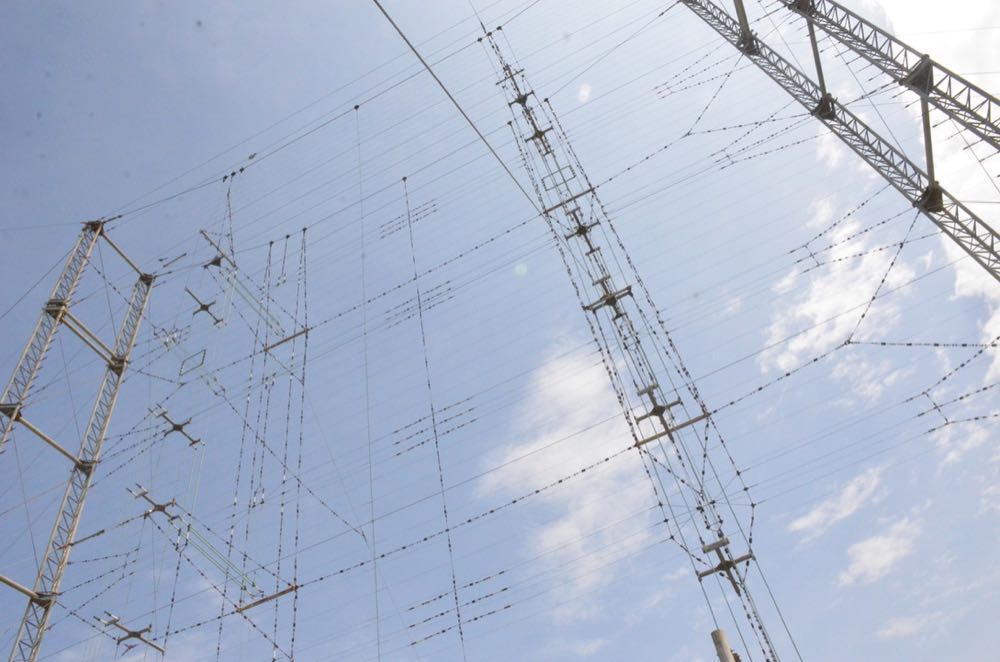 Readers of the SWLing Post have been sharing various articles concerning the recent ruling by a federal judge, which directs the Trump administration to reinstate the USAGM staff. This decision was initially reported by Paul Walker earlier this week. Below is further analysis from several news sources shared by Ed C, Ron Smith, and Dennis Dura:
Readers of the SWLing Post have been sharing various articles concerning the recent ruling by a federal judge, which directs the Trump administration to reinstate the USAGM staff. This decision was initially reported by Paul Walker earlier this week. Below is further analysis from several news sources shared by Ed C, Ron Smith, and Dennis Dura:
The president in an executive order sought to eliminate the agency’s non-statutory components and functions, but a federal judge criticized how officials determined what parts of USAGM aren’t required by law.
A federal judge on Tuesday issued a preliminary injunction ordering the Trump administration to bring back staff at the U.S. Agency for Global Media, which the president has sought to dismantle.
Specifically, District Judge Royce C. Lamberth is requiring Trump officials to return employees and contractors who were put on leave or terminated to their statuses before March 14, when Trump signed an executive order directing the elimination of non-statutory components and functions at USAGM as well as other agencies.
As a result of the EO, many employees were let go at government-funded outlets that aim to provide news to people living in restricted media environments around the world, including Voice of America. [Continue reading…]
A federal court has thrown a wrench into efforts initiated by the Trump administration to wind down Voice of America and its affiliated networks, with a judge ruling that the shutdown was likely unlawful.
U.S. District Judge Royce Lamberth issued a sweeping injunction Tuesday, ordering the U.S. Agency for Global Media (USAGM)—the parent agency of VOA—to reinstate the operations of VOA and its associated broadcasters. Lamberth also mandated that the agency restore employment for workers placed on administrative leave and prohibited any staffing reductions while the legal battle plays out, The Hill reports. [Continue reading…]
A federal judge on Tuesday found the Trump administration’s efforts to dismantle Voice of America (VOA) and affiliated news services likely were unlawful, indefinitely blocking the shuttering of the government-funded news outlet and affiliated news services.
U.S. District Judge Royce Lamberth ordered VOA’s parent agency, the U.S. Agency for Global Media (USAGM), to restore VOA and other outlets under the USAGM’s umbrella and barred the agency from preventing them from serving as “consistently reliable and authoritative” news sources, as is required by law.
He also directed the USAGM to restore employment to its workers placed on leave and not reduce its workforce while litigation continues, in addition to continuing funding for international broadcasting. [Continue reading…]
 (Source: The Associated Press)
(Source: The Associated Press)





